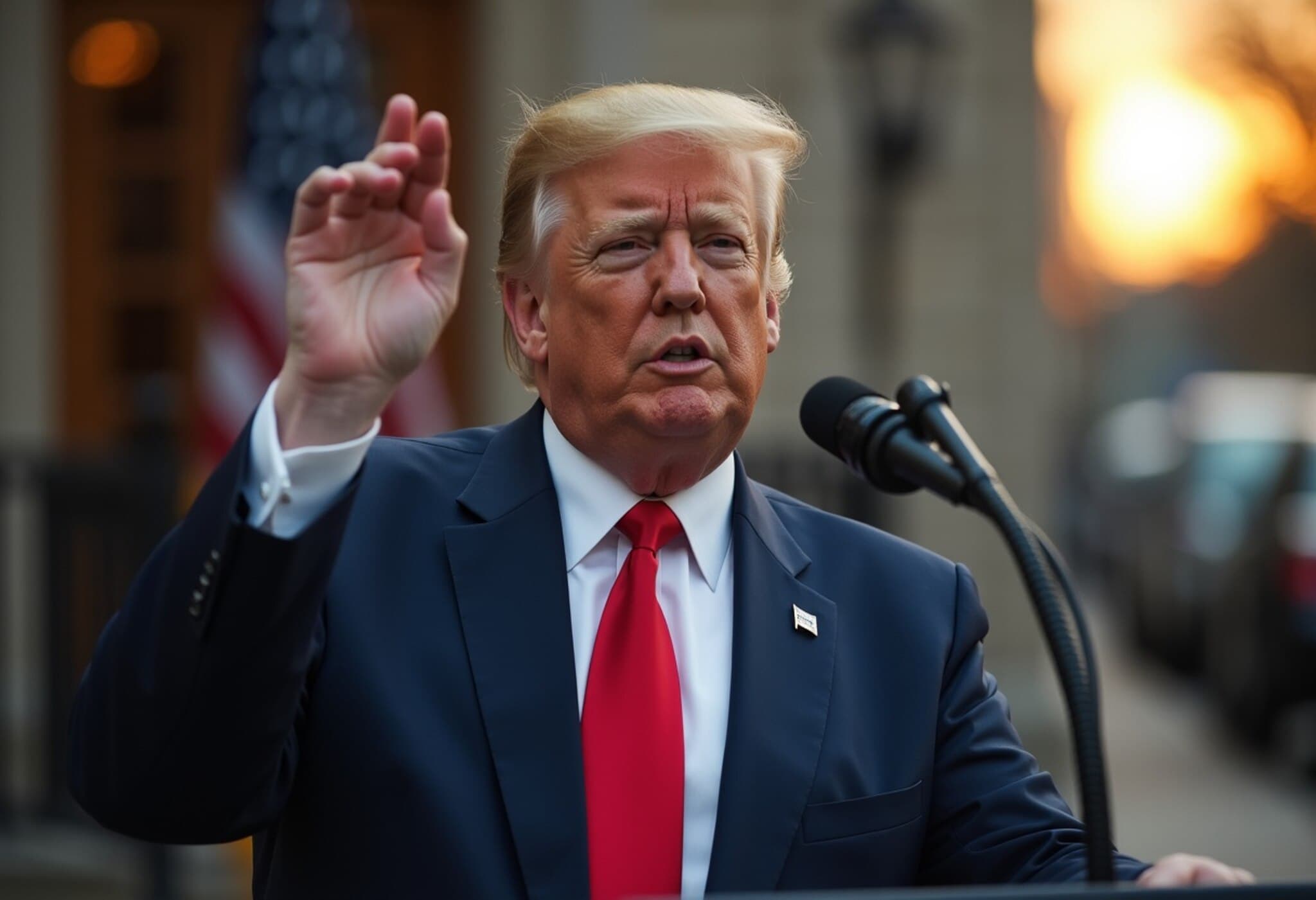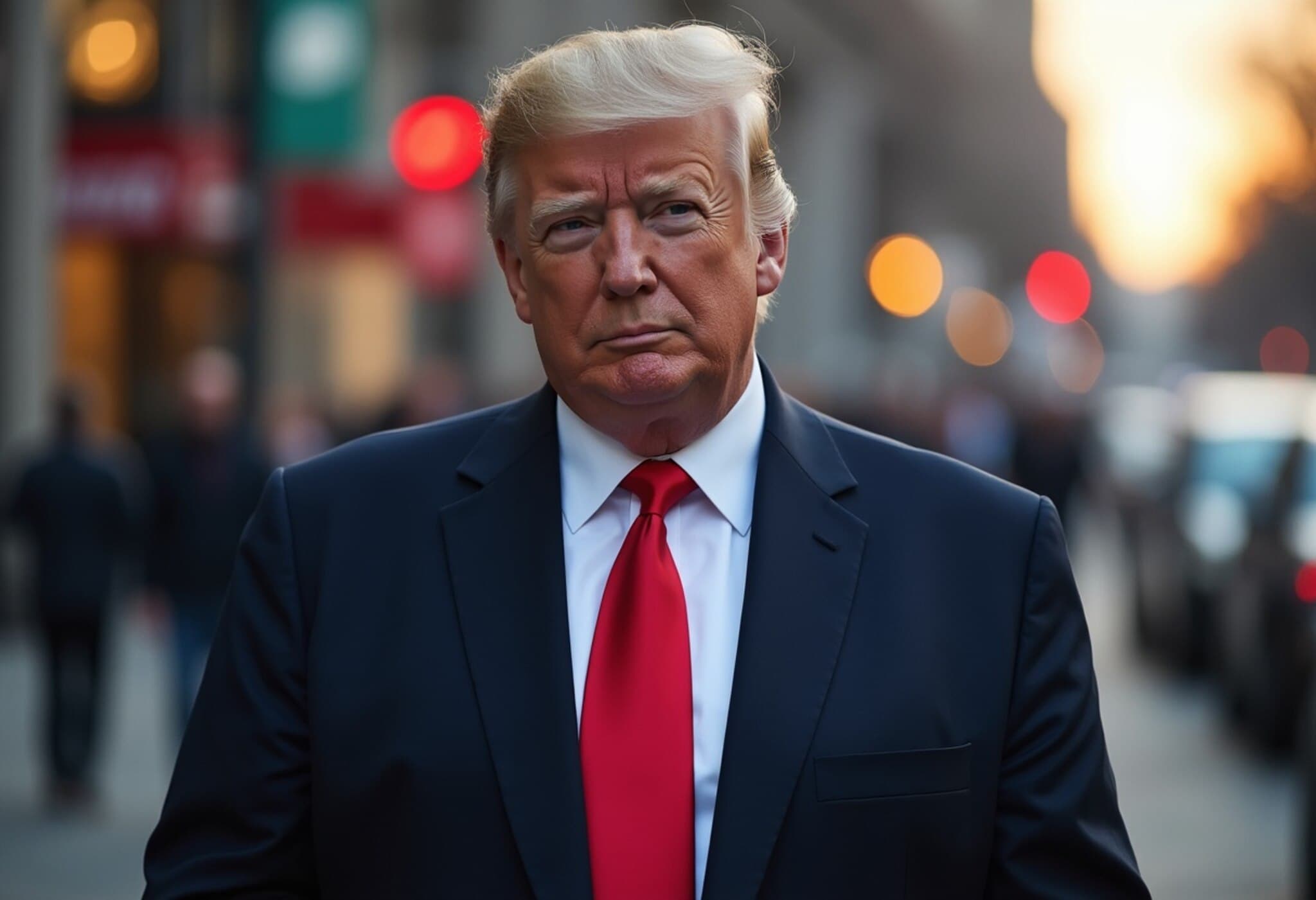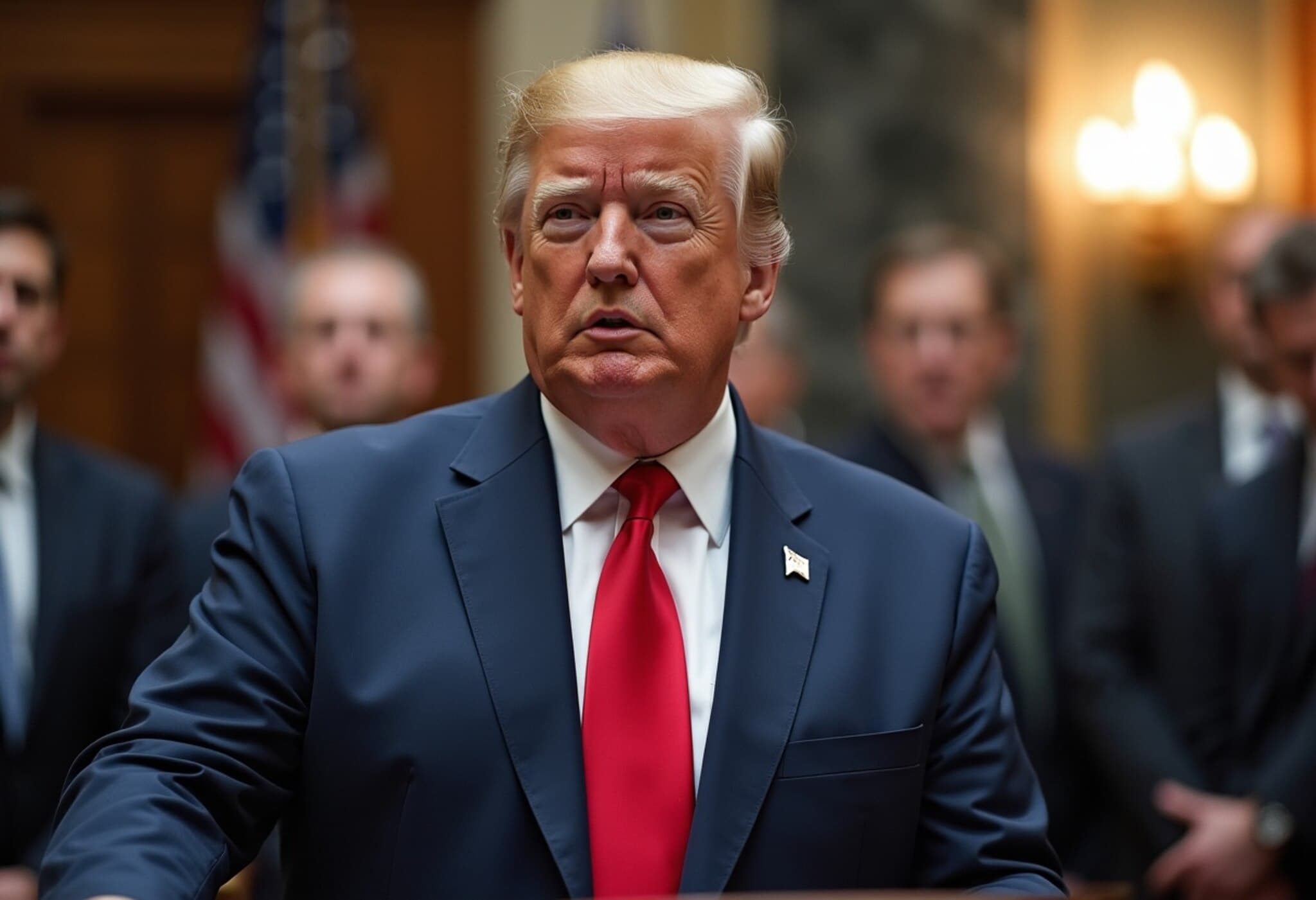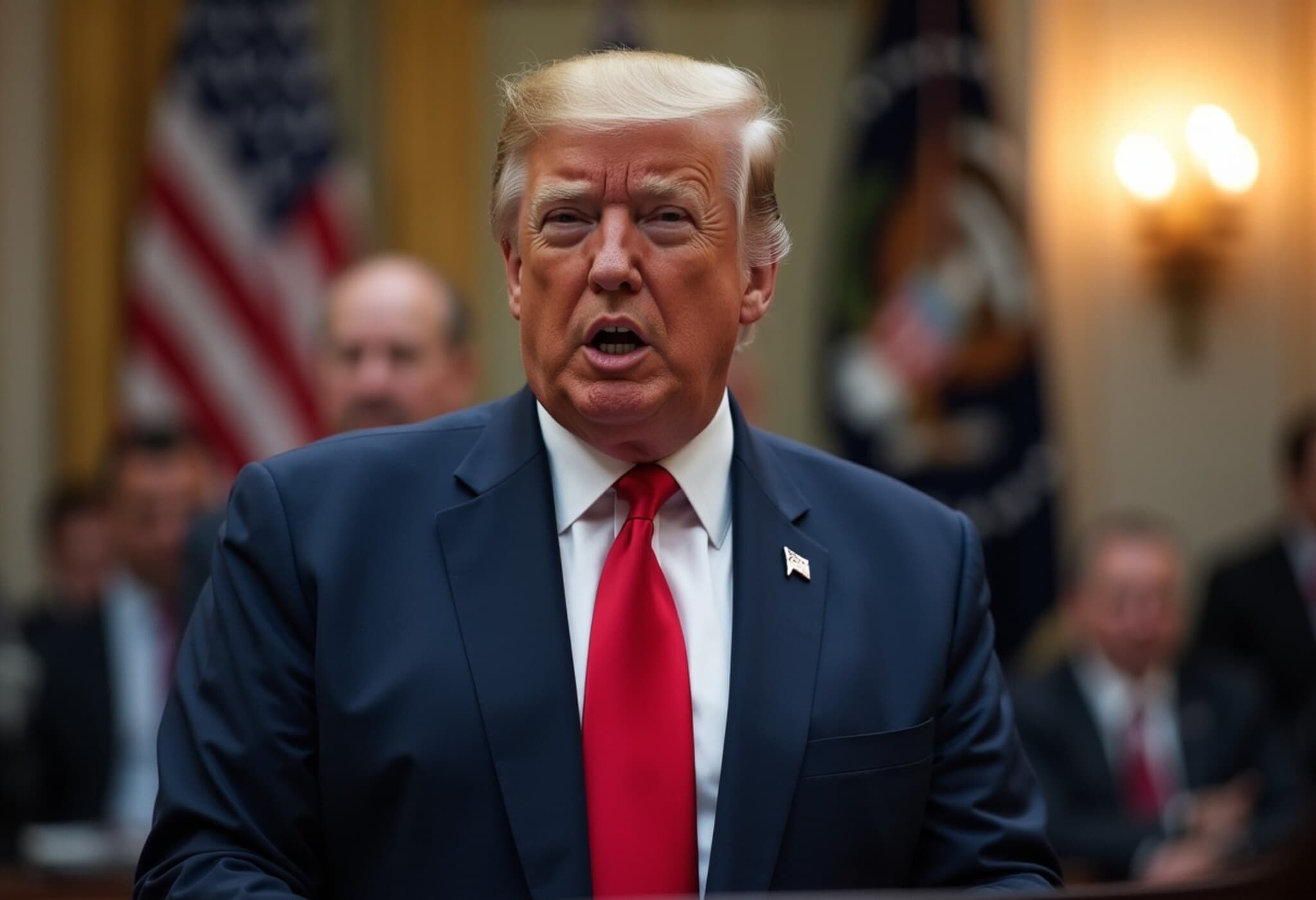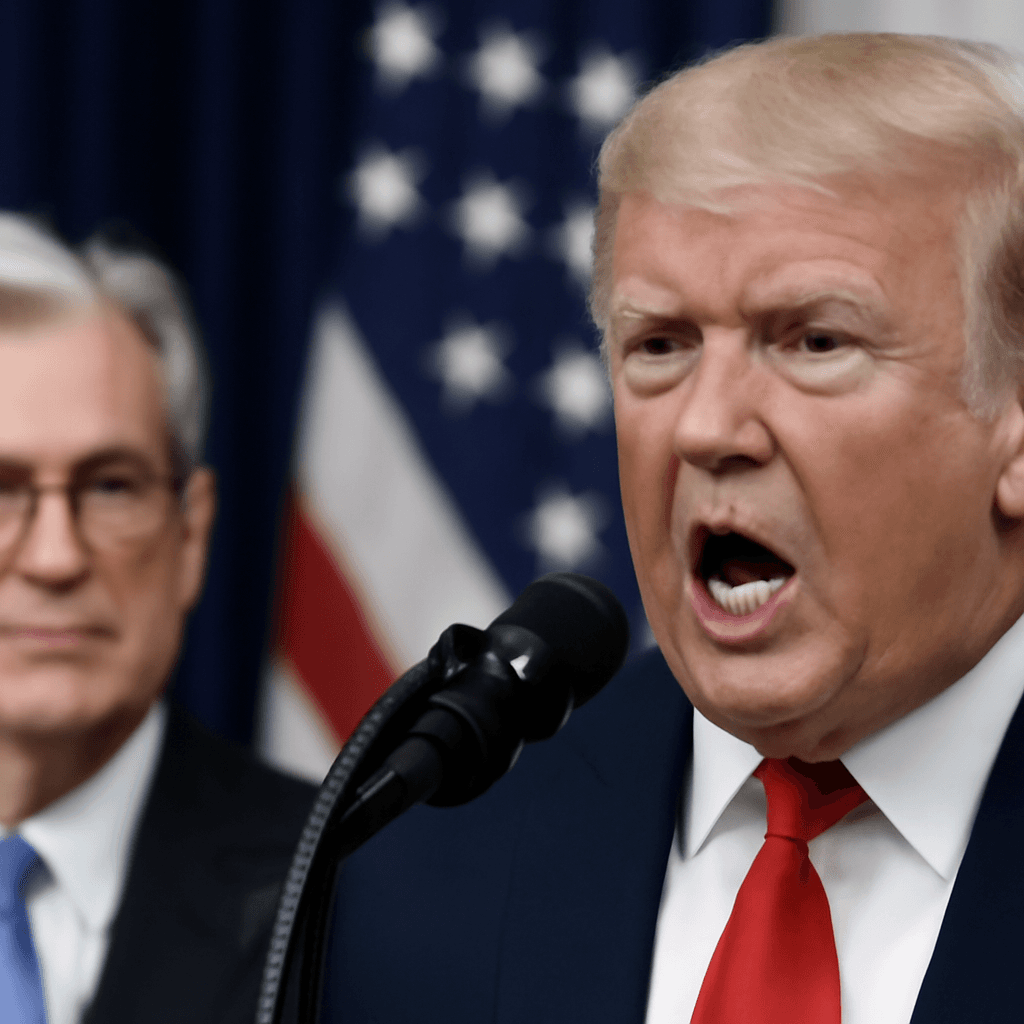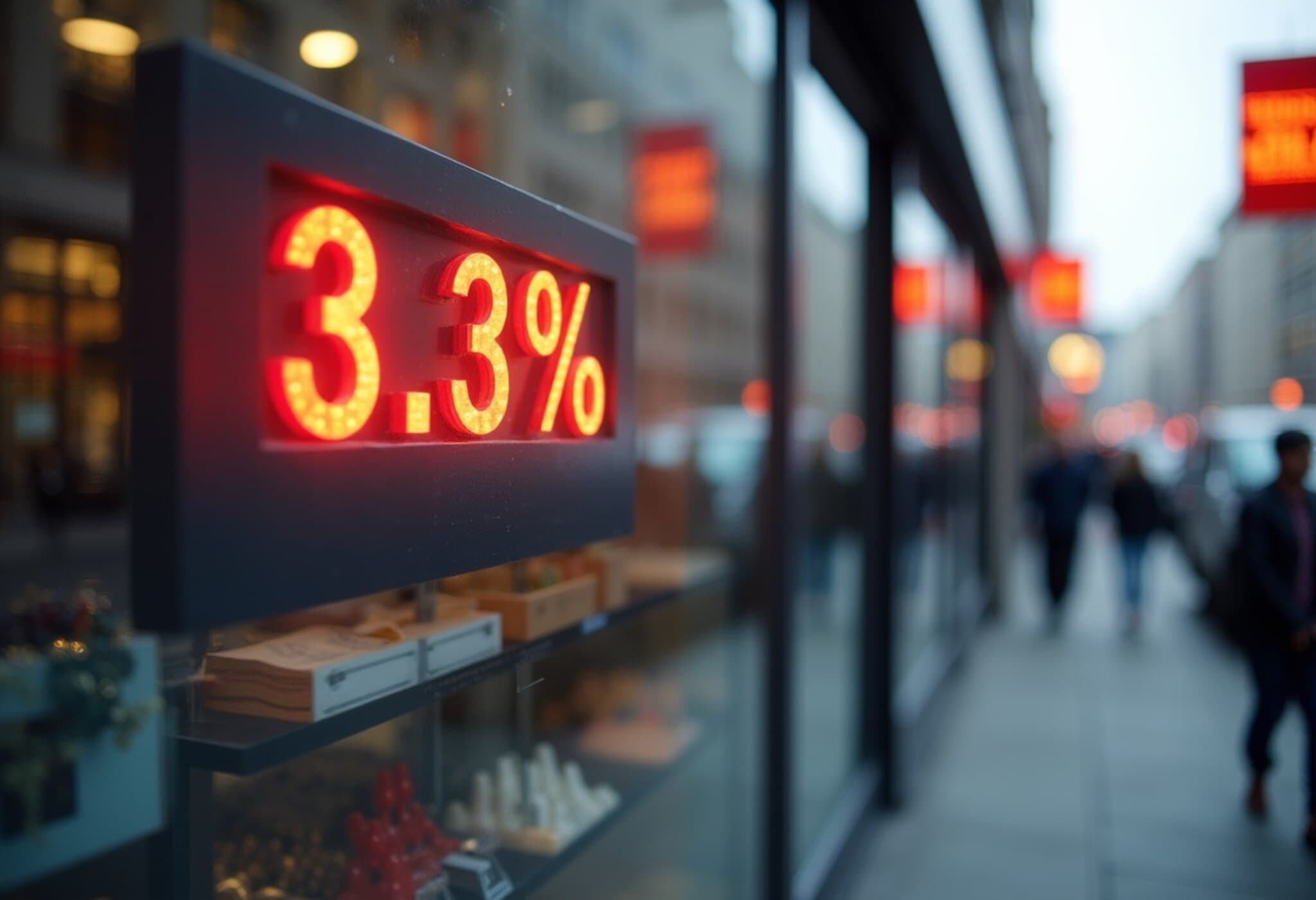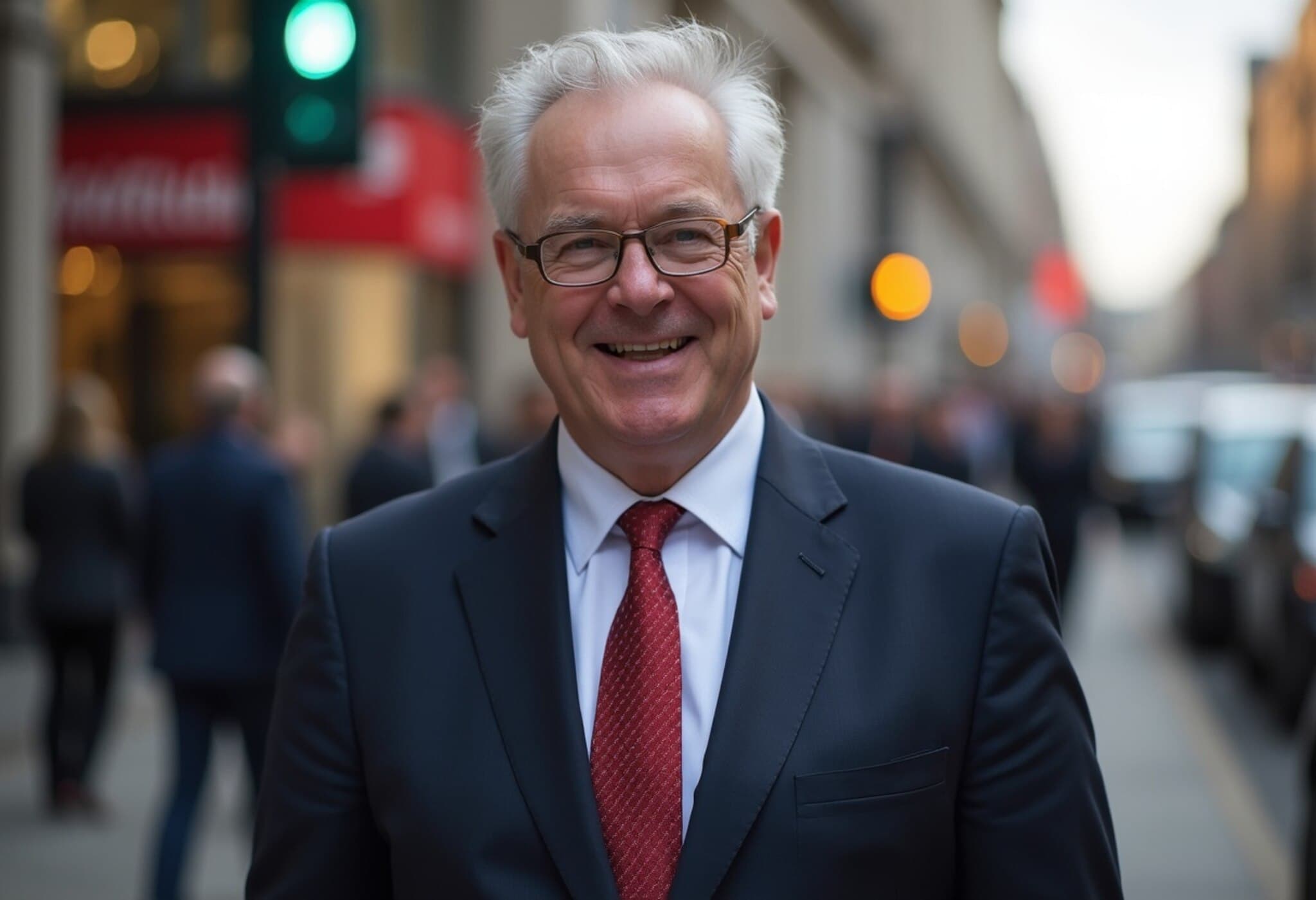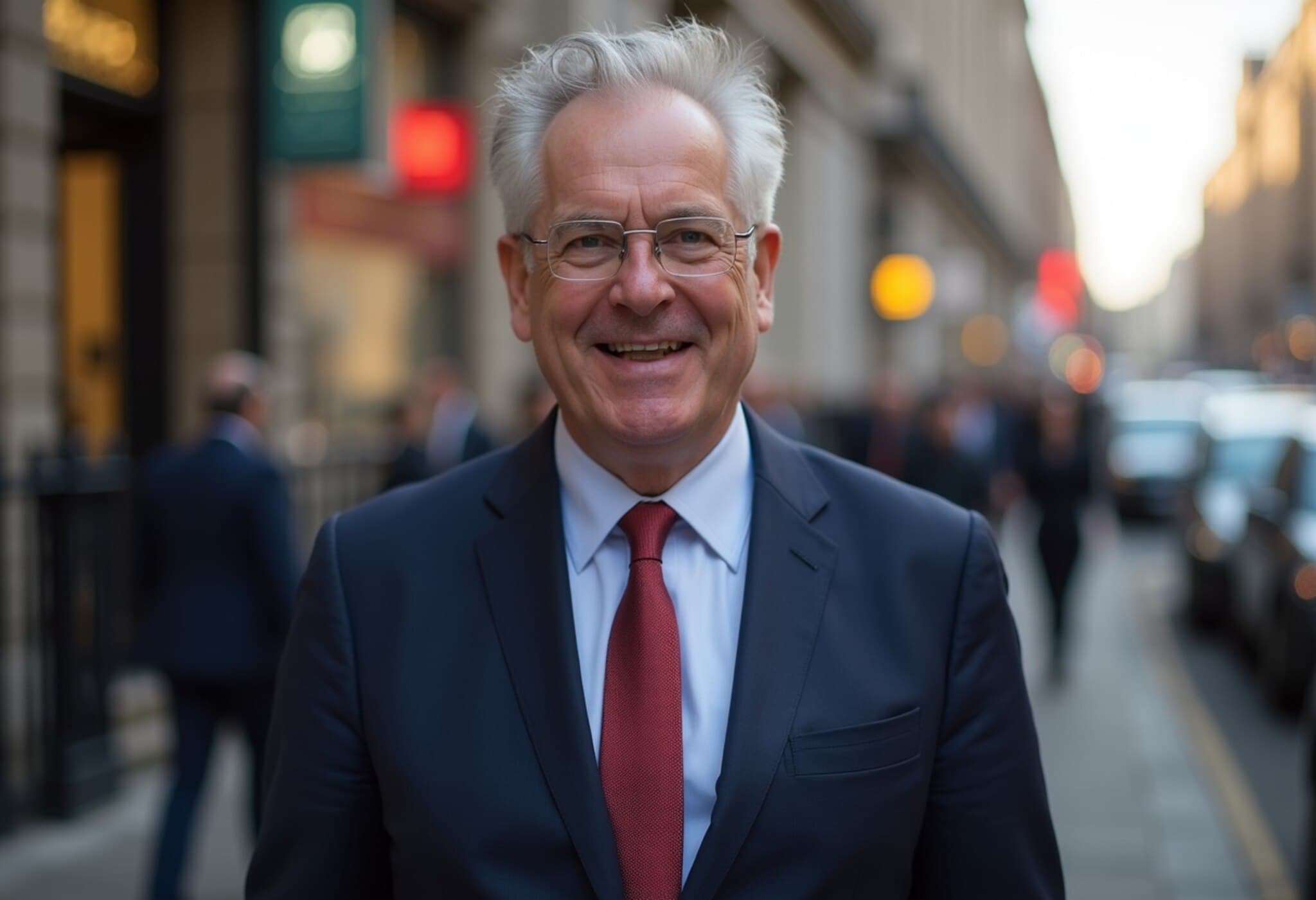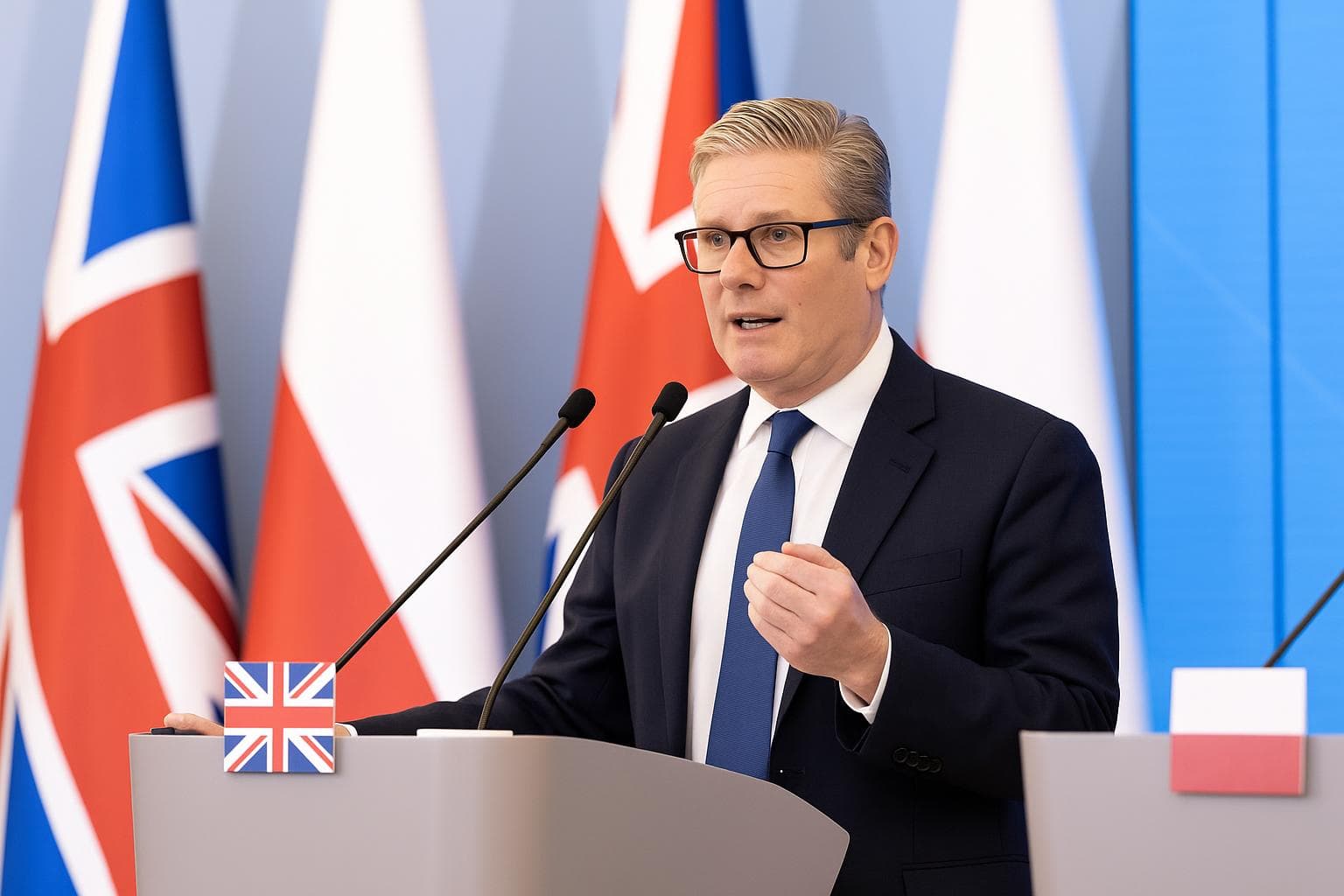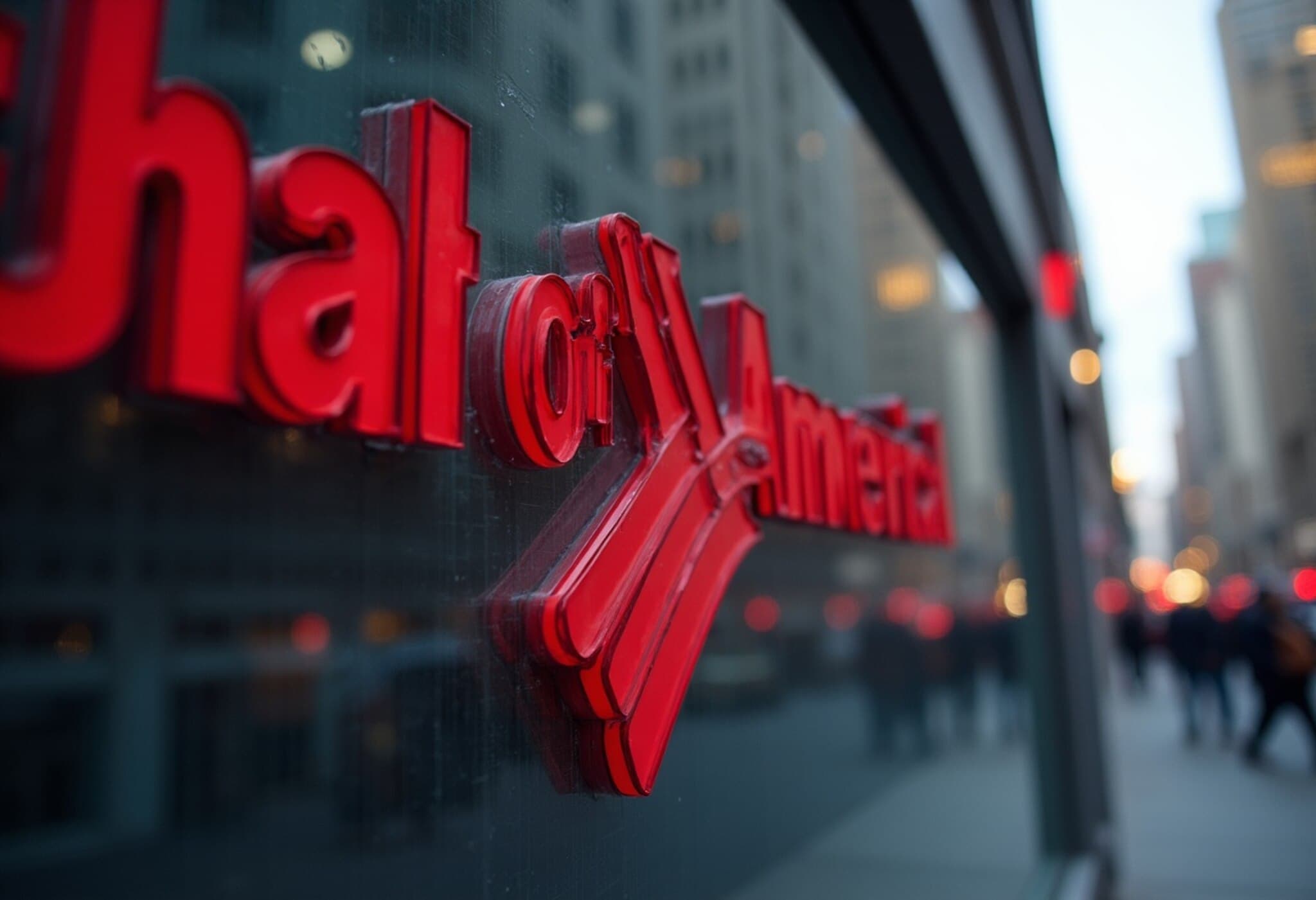UK Inflation Unexpectedly Climbs to 3.6%, Stirring Political and Economic Tensions
In a surprising turn that has rattled economic forecasts and intensified political debate, the UK’s inflation rate jumped to 3.6% in June, marking the highest level since January 2024. This escalation comes amid growing concerns about the cost of living and economic stagnation, presenting a formidable challenge to Prime Minister Keir Starmer’s administration.
Food and Fuel Costs Drive Inflation Higher
According to the Office for National Statistics (ONS), the inflation surge is largely driven by sustained increases in food prices and rising motor fuel costs. Inflation rose from 3.4% in May to 3.6% in June, defying expert predictions that expected stability.
ONS acting chief economist Richard Heys explained that fuel prices did not drop as sharply this year compared to June 2023, contributing directly to the inflationary momentum. Moreover, food prices experienced their third consecutive month of inflation growth, hitting a peak unseen since February 2024.
Economic Contraction Adds Pressure on Government
Further complicating the outlook, the UK economy shrank for a second consecutive month in May, signaling deeper underlying issues beyond inflation. This dual economic blow has amplified political anxiety for Starmer, whose government now wrestles with sluggish growth and rising inflation simultaneously.
Finance Minister Rachel Reeves acknowledged the gravity of the situation, stating, “There is more to do to support households grappling with the soaring cost of living.” Yet, critics argue that the government’s efforts have not measurably eased financial strain, particularly for lower-income families who are feeling the pinch the most.
Living Standards Stagnate Despite Wage Growth
While official figures highlight wage growth near 5%, the reality for many Britons paints a bleaker picture. Recent analysis by Bloomberg reveals discretionary incomes actually fell by 4.2% in April and stagnated in May, marking the worst period for household finances since the 2022 energy crisis.
Data from Retail Economics further shows that average incomes have declined by 7.5% since Labour took office in July 2024, hitting low-income earners hardest. Nicholas Found, head of commercial content at Retail Economics, pointed out that climbing expenses such as council tax, rail fares, and utilities have rapidly eaten into wage gains, leaving many households financially stretched.
Tax Policies Under Scrutiny as Burden Grows
Adding fuel to the fire, Labour’s continuation of the Conservative-era freeze on income tax thresholds threatens to deepen financial burdens. This fiscal drag means that as wages increase, more people are pushed into higher tax brackets, effectively neutralizing wage growth.
Research by the Resolution Foundation warns this policy is likely to erode real take-home pay for a significant portion of middle-income earners, especially when local levies like council tax are considered. This has generated widespread criticism, seen as regressive at a time when many families face economic hardship.
Political Ramifications: Reform UK Gains Momentum
Public frustration is mounting as economic pressures persist. Populist party Reform UK, led by Nigel Farage, is capitalizing on growing discontent by promoting promises of tax relief and direct support for working-class voters. Recent polls show Reform UK surpassing Labour in several regions, signaling vulnerability in Starmer’s political mandate.
Studies from Lancaster University’s Work Foundation highlight the human impact: one in six workers struggle with monthly bills, fewer than half believe wages keep pace with living costs, and a record number of individuals are juggling second jobs to stay afloat.
Bank of England Navigates Delicate Interest Rate Decisions
The recent inflation spike complicates the Bank of England’s monetary policy balancing act. Although high inflation would typically push for unchanged or higher interest rates, the concurrent economic slowdown may prompt rate cuts.
Ruth Gregory, Deputy Chief UK Economist at Capital Economics, suggests a possible 25 basis points cut in August but predicts a slower, more cautious approach due to inflation risks. Policymakers fear “second-round” effects where wage increases could further fuel price hikes, creating a difficult cycle to break.
At a Crucial Crossroads: Economic Reality vs. Political Narrative
The unexpected inflation rise amid economic contraction places Starmer’s government at a defining moment. Despite official claims of wage growth, many households face stagnant or deteriorating living standards compounded by rising taxes and debt loads.
As Reform UK gains traction and public frustration rises, Starmer’s administration must not only manage the economic challenges but also articulate policies that tangibly improve everyday life for Britons. Without that connection, political and economic pressures are likely to intensify.
Editor’s Note
The UK’s inflation surge highlights the complex interplay between economic policy, public perception, and political stability. For policymakers, the challenge is twofold: managing inflation without stifling growth, while ensuring that fiscal measures address—not exacerbate—livelihood anxieties. This episode raises critical questions about sustainable economic recovery and equitable policy frameworks in a post-pandemic world.



